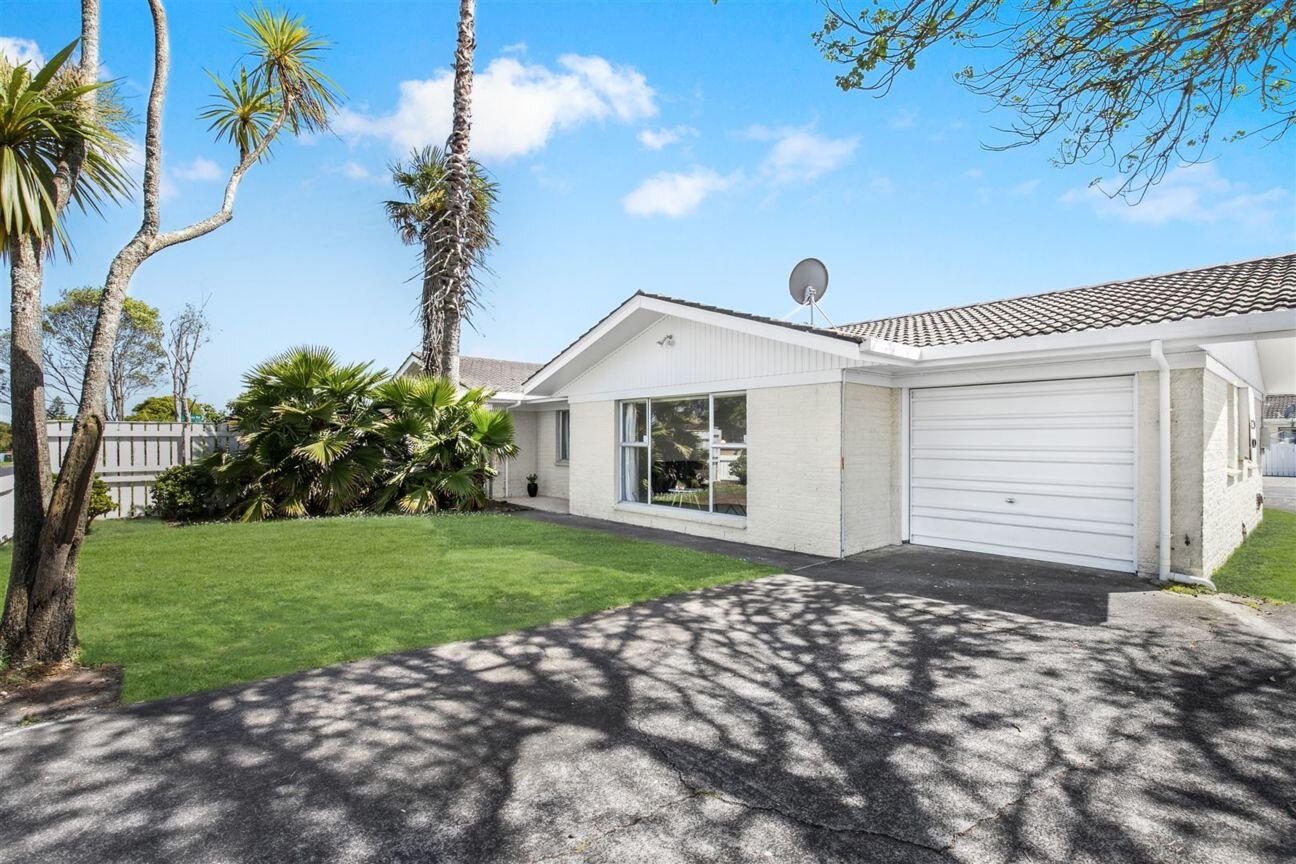So, how is the market?
February was a very buoyant month with the median price across New Zealand increasing by 14.3% to a new record median price of $640,000 - that's up from $560,000 in February 2019 making this the largest percentage increase in 53 months.
The Auckland market saw the biggest annual increase in sales volumes in 88 months with a 41.6% increase in the number of properties sold when compared to the same time last year. All seven districts in Auckland saw double-digit annual increases in sales volumes, the largest of which was Papakura District with an 83.6% annual increase. North Shore City saw a record median price of $1,155,000 and Waitakere City had a record equal median price of $830,000 and Manukau was up 2.2% to $850,000.
The median house prices in Auckland increased by 4.3% to $888,000 – up from $851,000 at the same time last year – the highest price in 35 months and the number of properties sold in February increased by 41.6% year-on-year – the highest number of residential properties sold in the month of February in 5 years.
Regions outside Auckland with the highest percentage increase in annual sales volumes during January were:
• Gisborne – the strongest February in 15 years
• Tasman – the highest for the month of February in 3 years
• Hawke’s Bay – the highest for the month of February in 4 years
• Bay of Plenty – the highest for the month of February in 4 years
Manukau’s statistics
Manukau's average sale price sits at $850,000 which is an increase of 2.2% compared to the same time last year. There were 379 sales in February 2020 compared to February 2019, there were 246 sales - that's an impressive increase of sales volume of 54.1%.
Market highlights
Auckland saw the median number of days to sell a property fall by 17 days from 56 to 39 year-on-year – the lowest days to sell for the month of February in 4 years.
Auckland had the second highest percentage of auctions in the country with 32.4% (637 properties) sold under the hammer, up from 21.4% (298 properties) in February 2019 – the highest percentage of auctions for Auckland in 27 months.
In summary
These statistics highlight that stock levels remain restrained, buyer interest remains strong, fueled by favourable market conditions such as low interest rates.
For two months in a row, every region in the country experienced annual median price increases, showing strong demand across the country. It’s highly likely we’ll see these price rises continue in March unless the economy takes a sudden hit from COVID-19. Whilst there is a strong awareness of the COVID-19, as yet we have seen little impact on the housing market.


